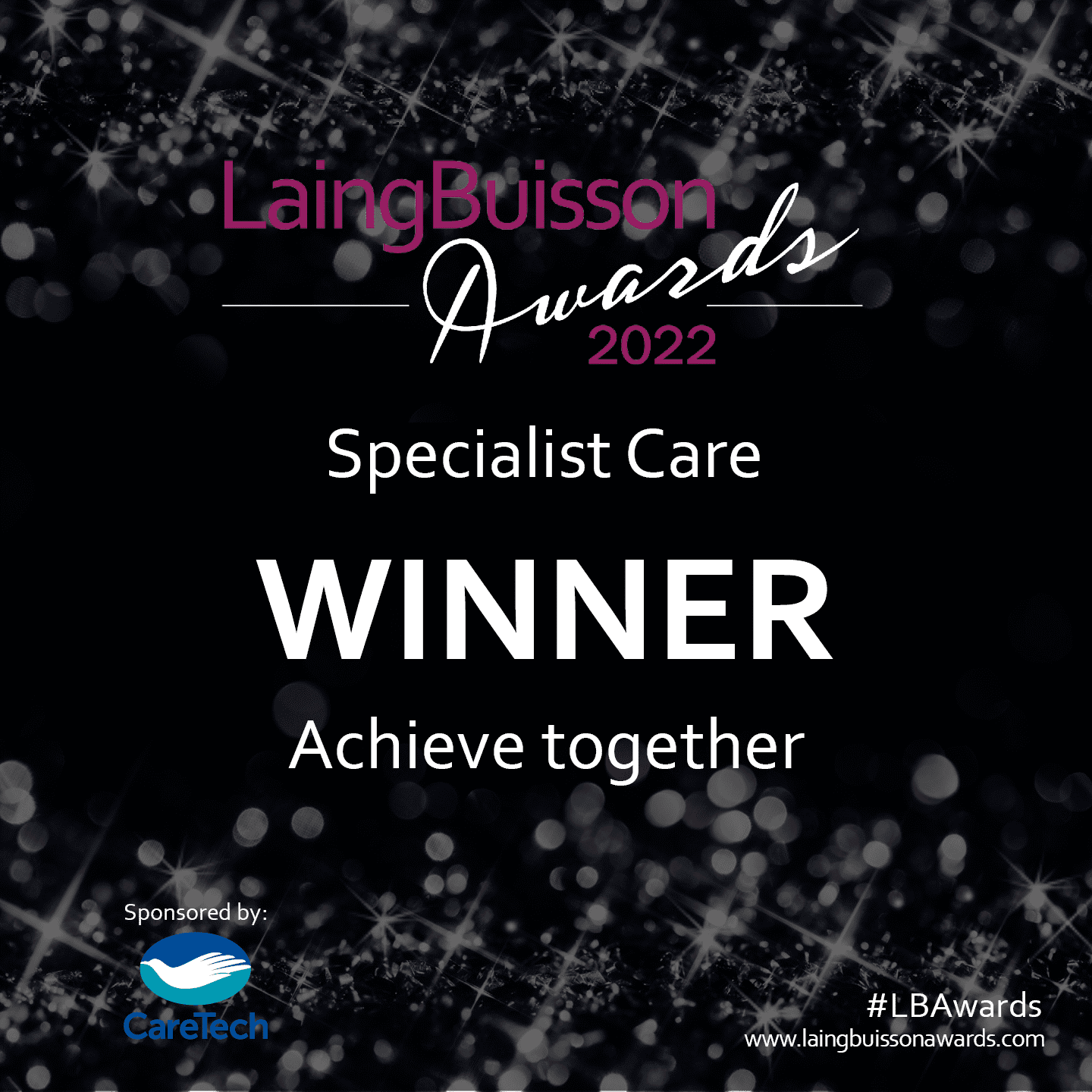My journey started with Mental First Aid training November 2021, run by the wonderful Shirley Allmark. Shirley usually writes this monthly blog. The well-structured, informative and fun training session piqued my interest in all things mental health. This, in turn, made me determined to pursue some online training.
I had already completed a few counselling courses which enabled me to tweak my empathy and slow myself down to becoming more aware of other’ feelings and what they could be going through.
Further training
I have now completed eight online courses in my own time during 2021 and 2022 on subjects such as: counselling, mental health advocacy, cognitive behavioural therapy, clinical psychology and forensic psychology. My current course is about criminal psychology.
How I help
The role of a Mental First Aider in my workplace involves a great amount of listening to team members, people we support and often, for me, family members. With this greater understanding, I feel that I can get closer to the people we support, and am empowered. I also believe that I have a newfound respect from team members. I am always available for a chat and have the knowledge and resources to help guide them on the correct path to suit them.
All the Achieve together Mental Health First Aiders, I feel certain, are much the same as me – driven to advocate Mental Health. As a team of varied abilities, working positions and backgrounds, we can guide, aid and promote wellbeing for all who may need us.
Breaking the stigma
Times and situations can be tough for all of us, but we are all here to help each other. In my time as a Mental Health First Aider, I have spoken to team members, people we support and family members of the people we support. They regularly come to me for advice, general chats and specific requirements. My door is always open. Often, the Employee assistance programme is the first port of call. Likewise, this can offer advice and signposts to outside sources for advice and support.
“IT’S OK TO NOT BE OK”. I use this quite a lot in my workplace to try and break the stigma around Mental Health. Slowly but surely, we will make the difference.
– Mark Winter, Mental Health Champion

